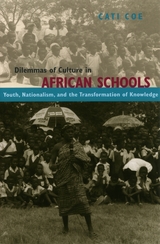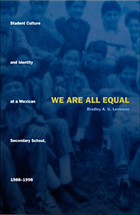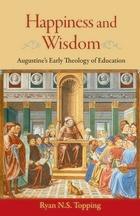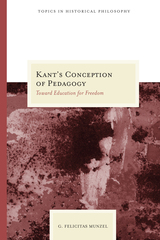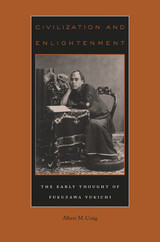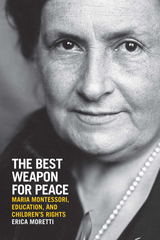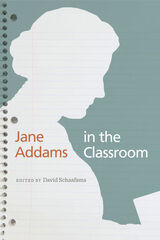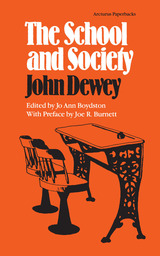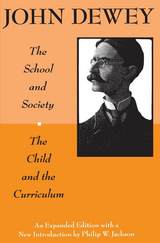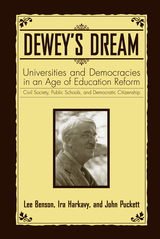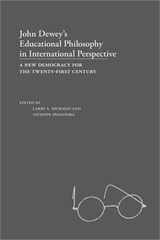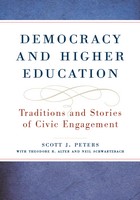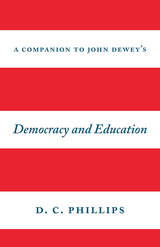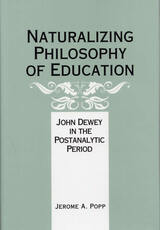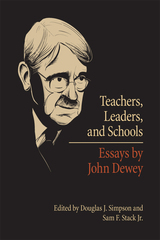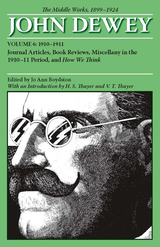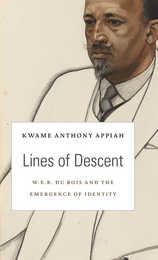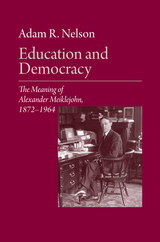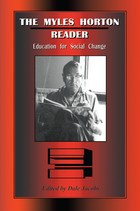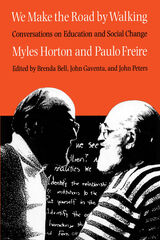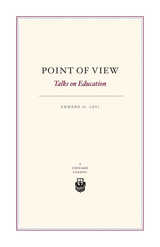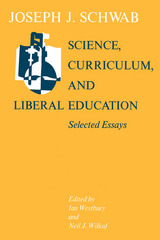Cloth: 978-0-674-20277-1
Library of Congress Classification LB875.D5K4
Dewey Decimal Classification 370.951
After the May Fourth Incident, John Dewey’s followers in China assumed the leadership of an important group of intellectuals who were largely veterans of the New Culture movement. The Chinese Communist movement had its inception in the same two years Dewey lectured in China (1919–1921); Dewey’s followers pitted their “liberalism” against this new radical alternative, in arguments that proved to be harbingers of a thirty-year conflict in Chinese politics.
The Dewey Experiment in China critically analyzes the careers and writings of John Dewey’s followers through the 1920s—particularly Kuo Ping-wen, Chiang Meng-lin, and T’ao Hsing-chih—as they attempted to implement Dewey’s political reform ideas and his progressive educational principles. The “new education” reform movement was spearheaded by Deweyites and directed a national-level educational reform effort for many years following World War I. Many of Dewey’s ideas that seemed most progressive in the United States are shown to be surprisingly conservative for China. The promise of progress implicit in problem-solving based upon conflicts in actual, concrete social conditions, as Dewey formulated it, deluded its proponents with a false hope of efficacy. The issue of political power was not adequately addressed. In education, unspoken assumptions about progressive reform in the United States proved to be absent in China.
The most dedicated Deweyites were forced to “turn Dewey on his head” by the end of the 1920s. What appeared to Dewey to be democracy through interest-group bartering among nations was often understood in “Third World” China as Big Power politics and the exploitation of the weak. The Dewey Experiment in China reflects, therefore, not only upon Dewey’s own thought but upon the fragility of many American ideas assumed to have been applicable again after World War II in China and Southeast Asia.
See other books on: 1859-1952 | 1912-1949 | Dewey, John | Educational change | Republic, 1912-1949
See other titles from Harvard University Press


